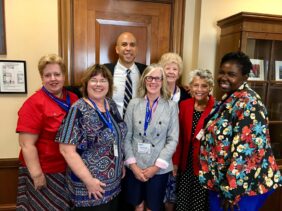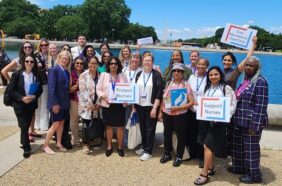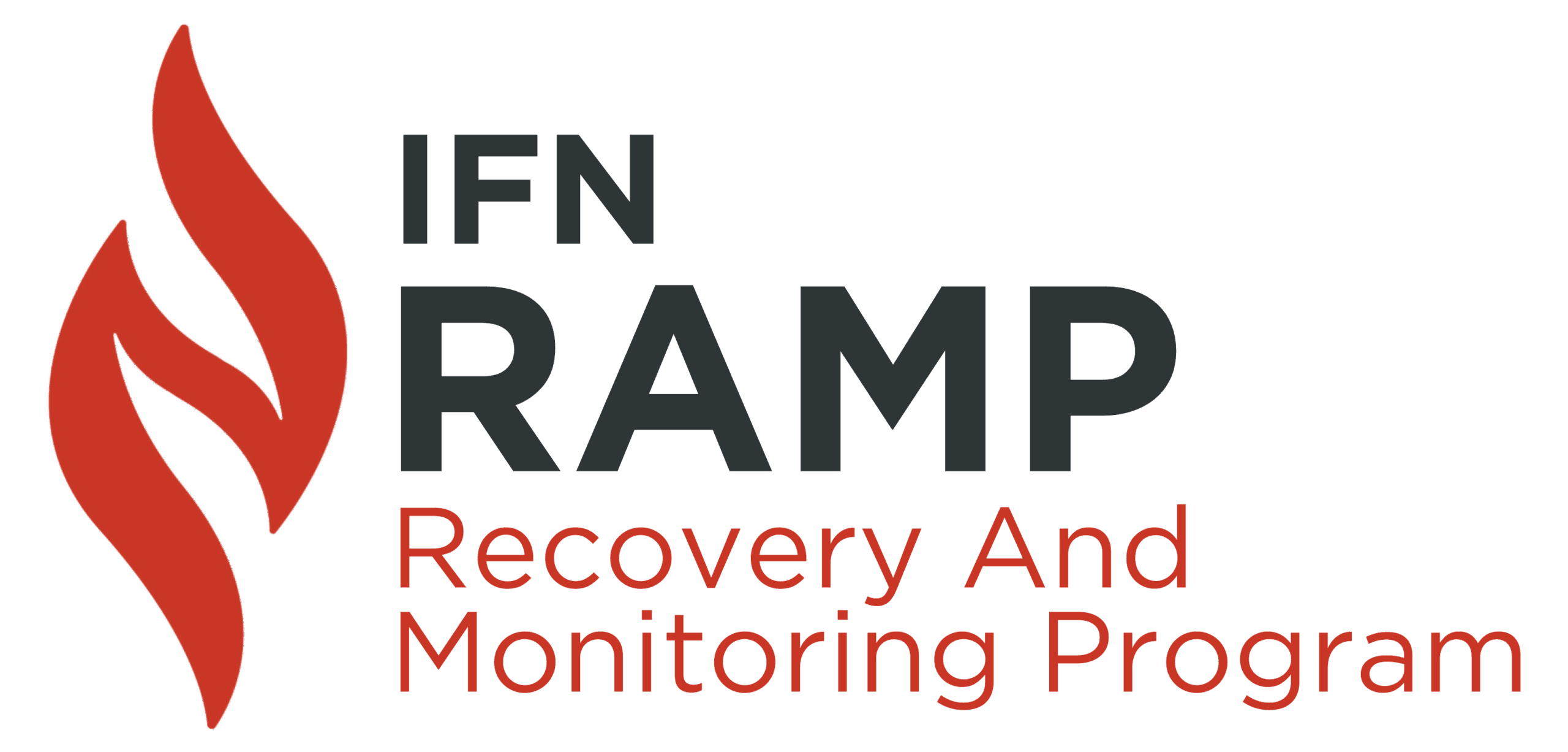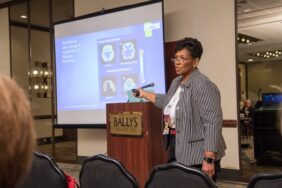Advocacy
Committee on Policy & Practice (COPP)
The Pulse of Nursing Practice and Healthcare Policy
Joining NJSNA/ANA means becoming part of a dynamic community dedicated to nursing excellence.
The Congress on Policy & Practice (COPP) plays a vital role in monitoring trends, evaluating policy, and developing guidelines that shape nursing practice, education, and healthcare legislation. This is accomplished through position statements which guide the NJSNA’s stance on key issues affecting nurses and the healthcare system.
Position Statements – Provide detailed explanations, justifications, or recommendations for specific nursing-related issues based on research and evidence-based practice. These statements outline NJSNA’s position, its importance, and recommended actions such as education and legislation.
Explore our position statements:
Purpose of COPP
There shall be a Congress on Policy and Practice to promote and perform the comprehensive, integrated analysis of various issues affecting professional nursing practice. Findings and recommendations will be presented to the Board of Directors to assist in guiding the organization.
CHAIR of the Committee on Policy & Practice (COPP)
Leading NJSNA’s efforts in policy development, the COPP Chair ensures that nursing standards, ethical guidelines, and best practices align with evolving healthcare needs while advocating for the profession at the state level.
Tracy Vitale, DNP, RNC-OB, C-EFM, NE-BC
2023-2025
Key Functions
- Monitor trends in health care delivery and assess their impact on the nursing work force and existing resources.
- Evaluate proposed federal and state legislation and regulations that may have an impact on nursing policy, practice, education and research.
- Advise the Board of Directors on legislative and regulatory matters.
- Plan and promote educational programs that address health care policy, practice, regulation and legislation.
- Evaluate and recommend action on issues related to human rights.
- Promote ethical practice within the guidelines of the ANA Code of Ethics for Nurses.
- Advise the Board of Directors on the ethical and legal aspects of nursing policy, practice, education and research.
- Monitor scientific and educational developments with implications for nursing policy, practice, education and research; recommend appropriate action to the Board of Directors.
- Promote the universal acceptance and utilization of nursing standards for all policy, practice, education and research applications within the profession of nursing.
- Assume other responsibilities as shall be assigned by the NJSNA Board of Directors.
Accountability
Structure & Membership
Leadership Roles:
- Chairperson: Represents COPP on the NJSNA Board of Directors
- Vice Chairperson: Attends Interested Nurses Political Action Committee (INPAC) meetings and represents COPP in Board meetings if the Chairperson is unavailable
Total Members: 15, including:
- Six (6) Regional Representatives
- Six (6) Members-at-Large, elected by NJSNA members (at least one must be a staff nurse)
- Three (3) Appointed Members recommended by the chair and appointed by the members of the Congress, who may be active members of various NJSNA forums, with expertise in administration, education, research, or staff nursing
Term Limits:
- The Congress on Policy and Practice includes six elected members-at-large (serving three-year terms, with two elected each year) and three appointed members (serving three-year terms upon recommendation). Members may serve a maximum of two consecutive terms. Vacant appointed positions are filled by Congress appointment, while vacant elected positions follow NJSNA policy for replacement.
- The Congress elects a Chairperson and Vice-Chairperson for two-year terms (maximum two consecutive terms). The Chairperson holds a seat on the Board of Directors, and if absent, the Vice-Chairperson assumes their role with full voice and vote. Additionally, the Vice-Chairperson represents the Congress at all INPAC meetings with full participation.











